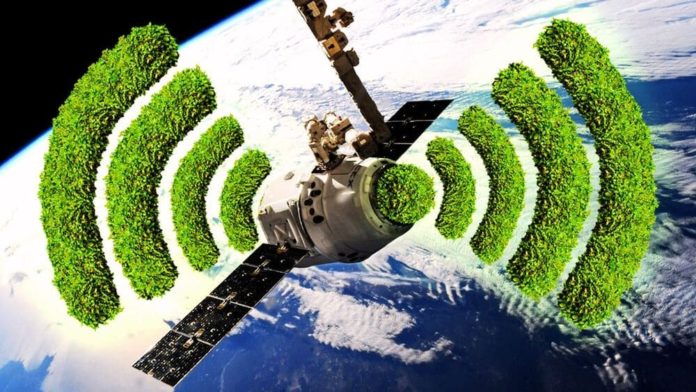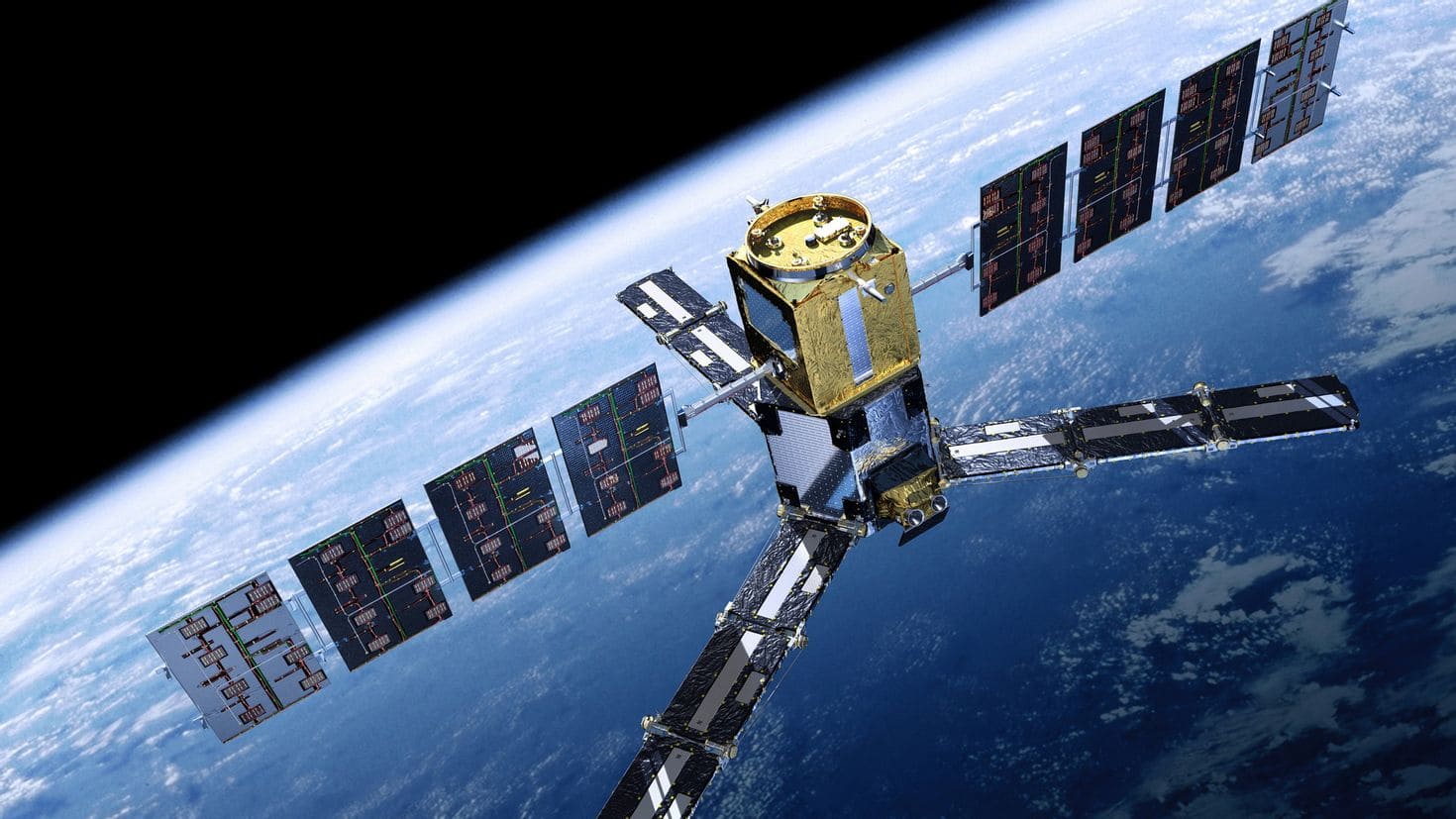In recent years, the field of space technology has gained significant importance in addressing global environmental challenges. As the world faces mounting pressures from climate change, deforestation, and resource depletion, innovative solutions are required to protect and sustain our planet. Africa, with its unique environmental challenges and opportunities, is increasingly leveraging space technologies to promote environmental protection and sustainable development. This article explores how African space technologies are playing a crucial role in environmental conservation and protection.
The emergence of African space technologies
Africa’s journey into the realm of space technology has been driven by a desire to harness modern innovations for the continent’s development. Over the past two decades, African countries have recognized the potential of space-based technologies to address pressing environmental issues. Satellite monitoring and remote sensing have become pivotal tools in understanding and managing the continent’s diverse ecosystems.
One of the key developments in this field is the establishment of the African Space Agency (AfSA). The agency serves as a coordinating body to oversee and promote space activities across the continent. It collaborates with various countries to launch and operate satellites that contribute to environmental sustainability. These satellites provide critical data for understanding weather patterns, climate change, and natural disasters.
Satellite monitoring and Earth observation
Satellites orbiting the Earth offer a bird’s-eye view of the planet’s surface, enabling scientists and policymakers to monitor environmental changes with unprecedented accuracy. Earth observation satellites are equipped with sensors that capture data related to land use, vegetation cover, water bodies, and atmospheric conditions. This data is invaluable for assessing the health of ecosystems and tracking changes over time.
In Africa, satellite monitoring has proven to be particularly effective in deforestation tracking. Deforestation poses a significant threat to the continent’s biodiversity and contributes to carbon emissions. By analyzing satellite imagery, researchers can detect illegal logging activities and assess the impact of land-use changes on forests. This information allows governments to implement effective policies to combat deforestation and promote reforestation efforts.
Furthermore, climate change mitigation efforts are bolstered by satellite data. Monitoring changes in temperature, precipitation, and sea levels helps scientists predict future climate trends and develop strategies to reduce greenhouse gas emissions. African countries are increasingly using this data to formulate policies that align with global climate agreements.
Biodiversity conservation and natural resource management
Africa is home to a rich variety of plant and animal species, many of which are endangered due to habitat loss and poaching. Space technologies play a vital role in biodiversity conservation by providing data on wildlife populations and their habitats. Geographic information systems (GIS) integrated with satellite data enable researchers to map critical habitats and design protected areas that safeguard biodiversity.
In addition to wildlife conservation, African space technologies contribute to natural resource management. Water resource management is a pressing concern in many African regions due to droughts and irregular rainfall patterns. Satellites help monitor water availability in rivers, lakes, and reservoirs, aiding in efficient water distribution and allocation for agricultural and domestic use.
Moreover, satellite data supports land degradation assessment and urban planning. Rapid urbanization often leads to uncontrolled land use changes, resulting in soil erosion and habitat destruction. By analyzing satellite images, authorities can identify areas at risk and implement measures to mitigate land degradation.
Innovations in space-based infrastructure
African countries are investing in space-based infrastructure to enhance their technological capabilities. Space exploration innovation involves the development of indigenous satellite technologies that cater to the continent’s unique needs. These technologies are designed to be cost-effective and adaptable to local conditions.
One notable example is the use of CubeSats, small and affordable satellites, for environmental monitoring. CubeSats are equipped with sensors that capture high-resolution images of specific areas, enabling detailed analysis of environmental changes. These miniature satellites are instrumental in gathering data for agricultural monitoring, helping farmers optimize crop yields and manage pests and diseases.
The development of space-based infrastructure also promotes the integration of renewable energy sources. Satellites provide data on solar and wind energy potential, facilitating the design of efficient energy systems. By tapping into renewable energy resources, African countries can reduce their reliance on fossil fuels and contribute to carbon emission reduction.
Collaborative efforts and global partnerships
African space initiatives are not undertaken in isolation. Collaboration with international space agencies and organizations is essential for the continent’s space technology advancement. Global partnerships provide access to cutting-edge technologies, technical expertise, and funding for research and development.
For instance, African countries collaborate with the European Space Agency (ESA) and NASA to share satellite data and expertise. These partnerships enhance the continent’s capacity to address environmental challenges effectively. Data analytics and processing capabilities are improved through these collaborations, enabling African countries to derive meaningful insights from vast amounts of satellite data.
Towards a sustainable future
The role of African space technologies in environmental protection is multifaceted and transformative. By leveraging space-based solutions, African countries are making significant strides toward achieving sustainable development goals. The ability to monitor environmental changes, conserve biodiversity, and manage natural resources empowers governments and communities to make informed decisions that benefit both people and the planet.
Ecological restoration efforts are supported by satellite data, which helps identify areas in need of rehabilitation. Through targeted interventions, degraded ecosystems can be restored to their natural state, enhancing ecosystem health and resilience.
In conclusion, African space technologies are at the forefront of environmental protection efforts on the continent. By embracing innovation and collaboration, African countries are positioning themselves as leaders in using space-based technologies for environmental sustainability. As these technologies continue to evolve, their impact on Africa’s environment and society is expected to grow, contributing to a more sustainable and prosperous future for all.



